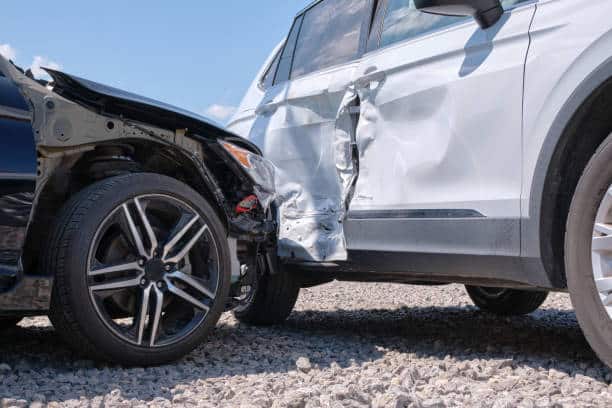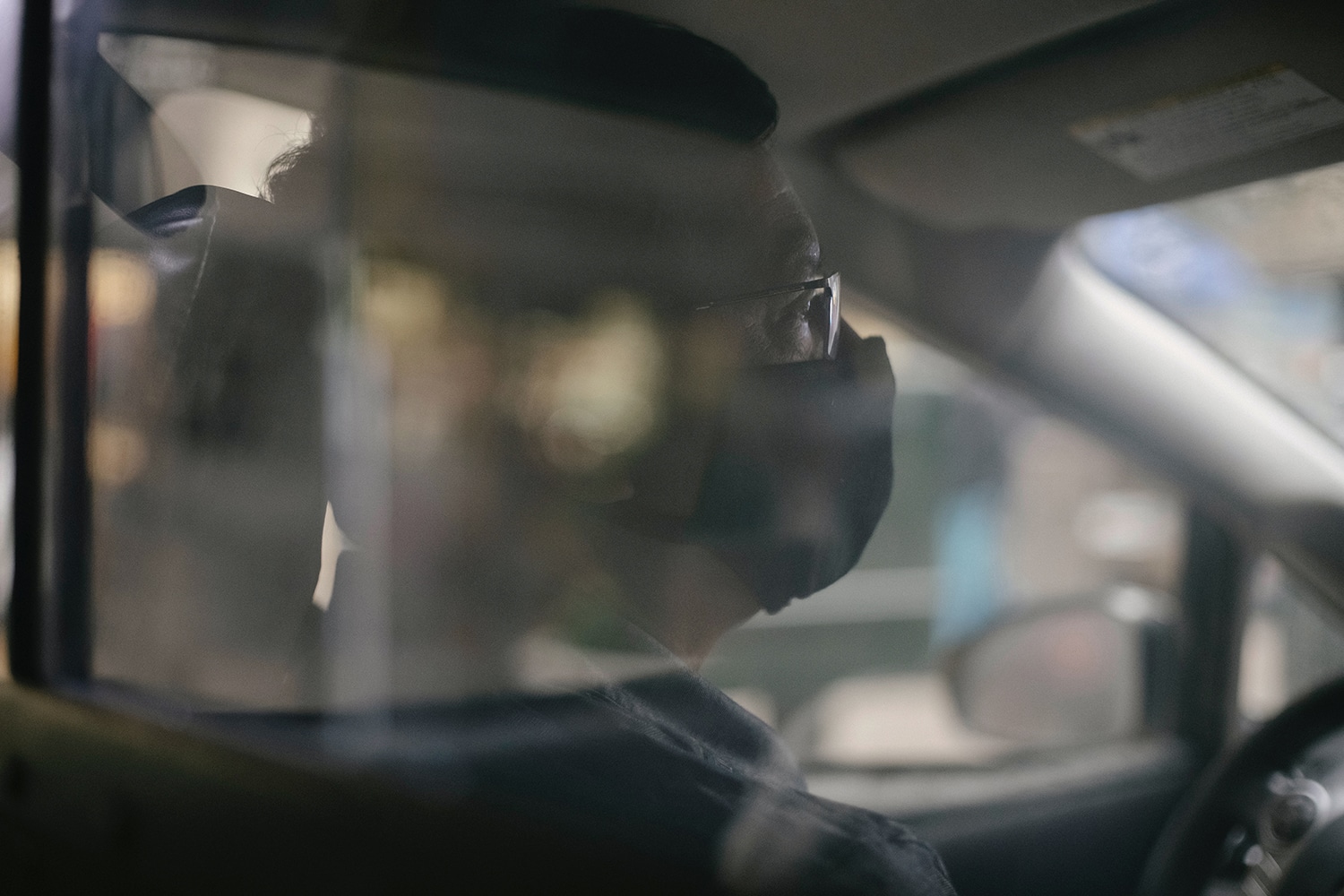As the number of accidents caused due to distracted driving increases, it is crucial that…
DUI LAW: Connecticut Appellate Court upholds of evidence regarding defendant’s ability to perform field sobriety tests in view of prior knee injury

The Appellate Court’s opinion states in part:
“After receiving a report of the incident from the Burlington police department, Officer Stanley Murak of the Farmington police department stopped the defendant’s car after observing the vehicle swerving. Murak noticed that the defendant smelled of alcohol and that his speech was slurred. Murak gave the defendant three field sobriety tests: the horizontal gaze nystagmus test, the walk and turn test and the one leg stand test. Murak arrested the defendant after he failed all three tests. When asked, the defendant told the officer that he had consumed one twelve ounce beer and that he took prescription anti-anxiety medication. Following a jury trial, the defendant was convicted of operating a motor vehicle while under the influence and sentenced to three years incarceration, execution suspended after one year, and three years probation. This appeal followed.
* * *
“The defendant next claims that the court violated his constitutional right to present a defense when it did not allow him to introduce certain demonstrative evidence. We disagree.
“The defendant testified that five years prior to his arrest, his knee was badly injured in a dirt bike accident and thus he was not able to perform properly some of the field sobriety tests. At this point, defense counsel requested that demonstrative evidence be presented. Outside the presence of the jury, defense counsel stated that he sought to have the defendant perform the “heel to toe” and “one leg stand” tests in front of the jury. The court denied the request to admit such evidence, reasoning that it would be inappropriate for the defendant to demonstrate what he thought occurred on the night in question. The court stated that it would give the defendant “every leeway” to describe the events through his testimony.
To view the full opinion see:
http://www.jud.ct.gov/external/supapp/Cases/AROap/AP139/139AP90.pdf



